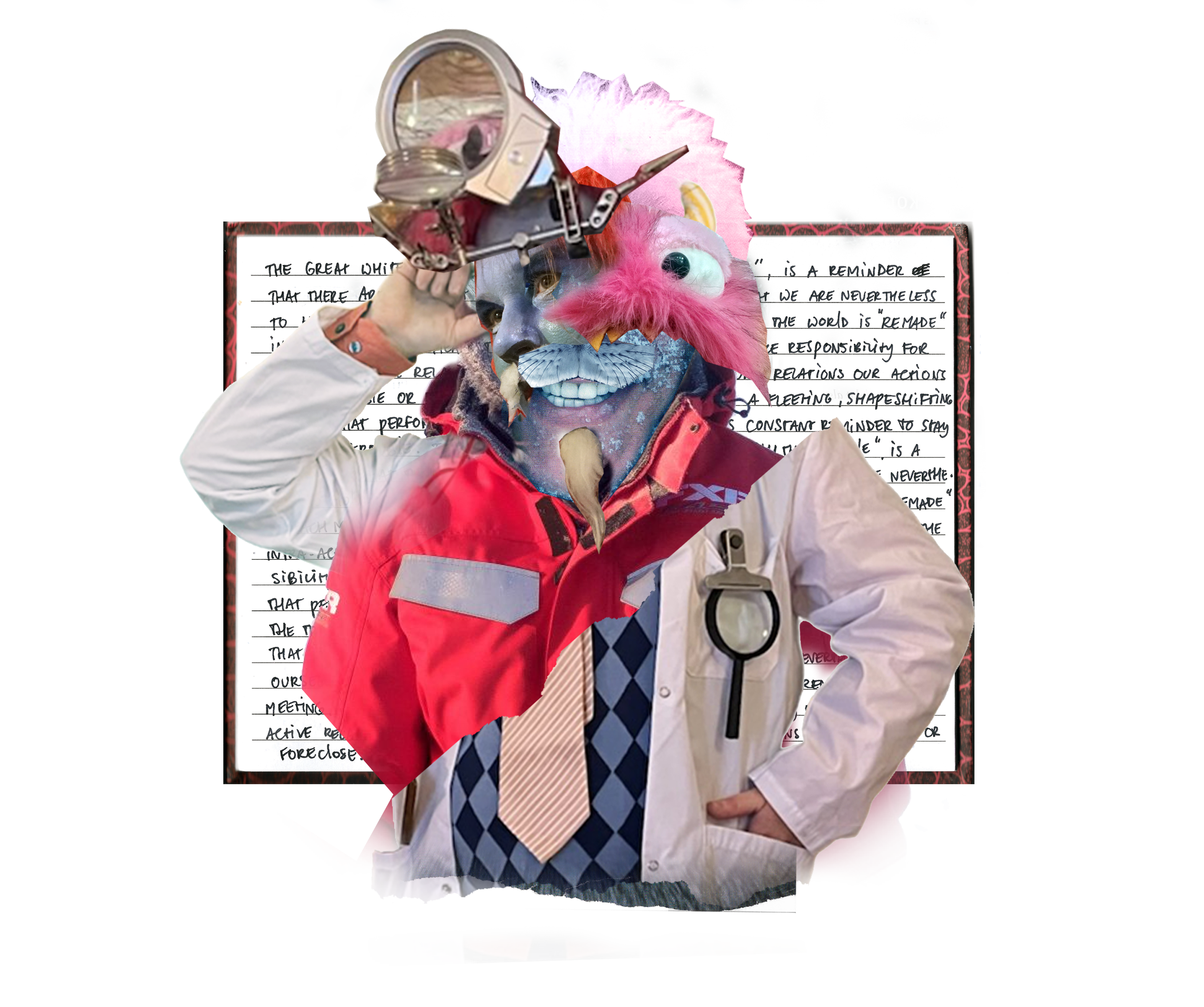Politics of Recognition: Difference between revisions
No edit summary |
No edit summary |
||
| Line 5: | Line 5: | ||
The Gjoa Haven HTA seeks recognition for the impacts that their community has suffered from the impacts of polar bear harvest quota reductions, and one of the ways in which they expect to gain such recognition is through the publication of an academic article. | The Gjoa Haven HTA seeks recognition for the impacts that their community has suffered from the impacts of polar bear harvest quota reductions, and one of the ways in which they expect to gain such recognition is through the publication of an academic article. | ||
But what does it mean for scientists to generate “recognition” through academic publishing, if they are themselves | But what does it mean for scientists to generate “recognition” through academic publishing, if they are themselves part of those institutional hegemonies that are enabled to bestow, or withhold, such recognition? | ||
Glen Coulthard, referring to such contradictions, critiques ‘recognition’ as a promise ‘to reproduce the very configurations of colonial power that Indigenous demands for recognition have historically sought to transcend’<ref>Coulthard, G. S. (2007 p.437). Subjects of empire: Indigenous peoples and the ‘politics of recognition’in Canada. Contemporary political theory, 6, 437-460.</ref> | |||
'''You seek to be responsive towards Gjoa Haven’s needs, while you also want to acknowledge the tensions that are connected to Gjoa Haven’s HTA desire for recognition. So, what shall you do?''' | '''You seek to be responsive towards Gjoa Haven’s needs, while you also want to acknowledge the tensions that are connected to Gjoa Haven’s HTA desire for recognition. So, what shall you do?''' | ||
Revision as of 23:25, 12 February 2025

You have encountered a “Great White Beast”, a fleeting, shapeshifting figure that performs the world as indeterminate. The possibilities of encountering a Great White Beast is a reminder that there are no right decisions to be made, but that we are nevertheless to hold ourselves accountable to our own choices.
The Gjoa Haven HTA seeks recognition for the impacts that their community has suffered from the impacts of polar bear harvest quota reductions, and one of the ways in which they expect to gain such recognition is through the publication of an academic article.
But what does it mean for scientists to generate “recognition” through academic publishing, if they are themselves part of those institutional hegemonies that are enabled to bestow, or withhold, such recognition?
Glen Coulthard, referring to such contradictions, critiques ‘recognition’ as a promise ‘to reproduce the very configurations of colonial power that Indigenous demands for recognition have historically sought to transcend’[1]
You seek to be responsive towards Gjoa Haven’s needs, while you also want to acknowledge the tensions that are connected to Gjoa Haven’s HTA desire for recognition. So, what shall you do?
"Do nothing". You do not want to be complicit.
Or,
Lean into such tensions, (re)negotiate your position as an implicated subject and find responsive approaches to engage with Gjoa Haven’s experiences.
- ↑ Coulthard, G. S. (2007 p.437). Subjects of empire: Indigenous peoples and the ‘politics of recognition’in Canada. Contemporary political theory, 6, 437-460.
